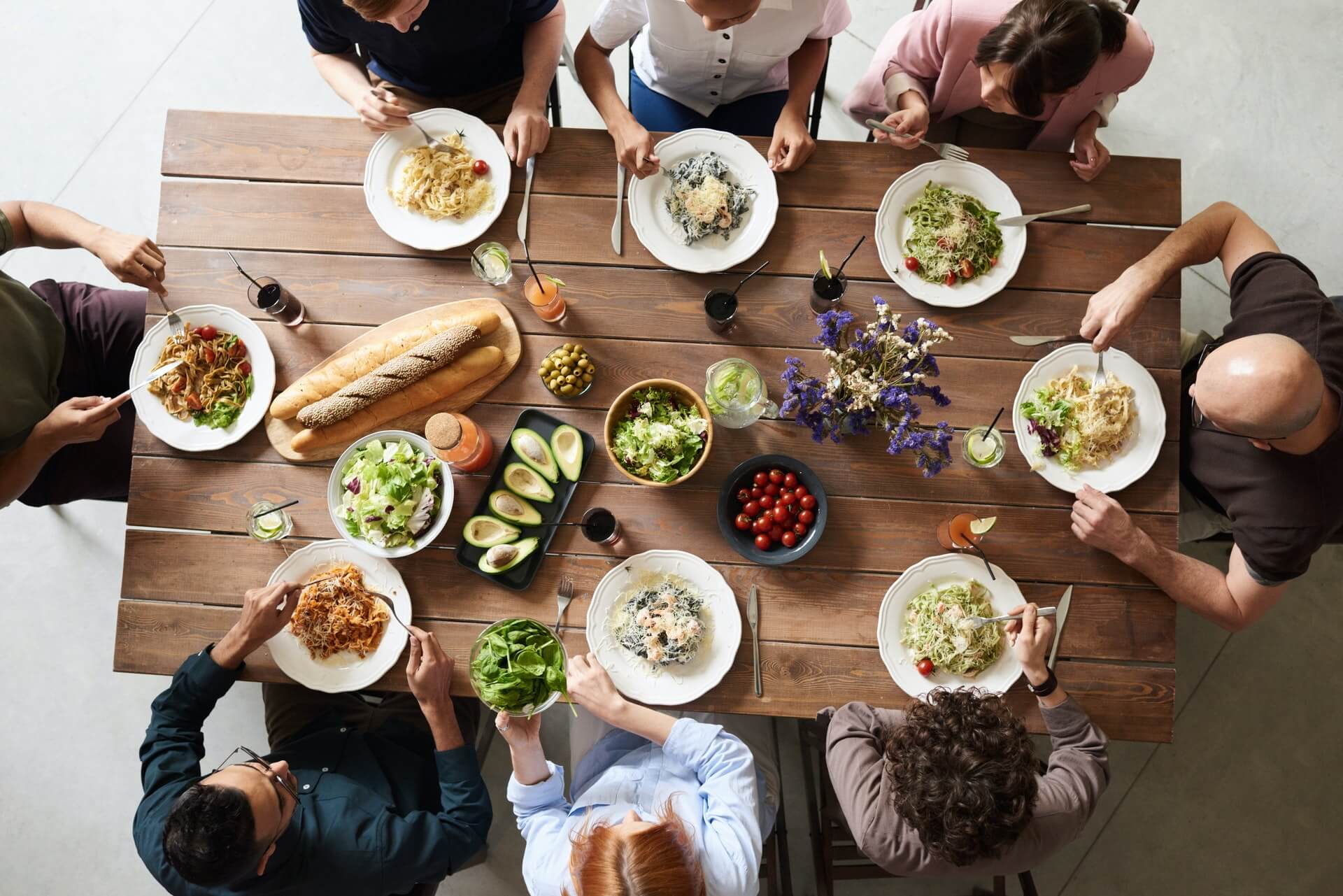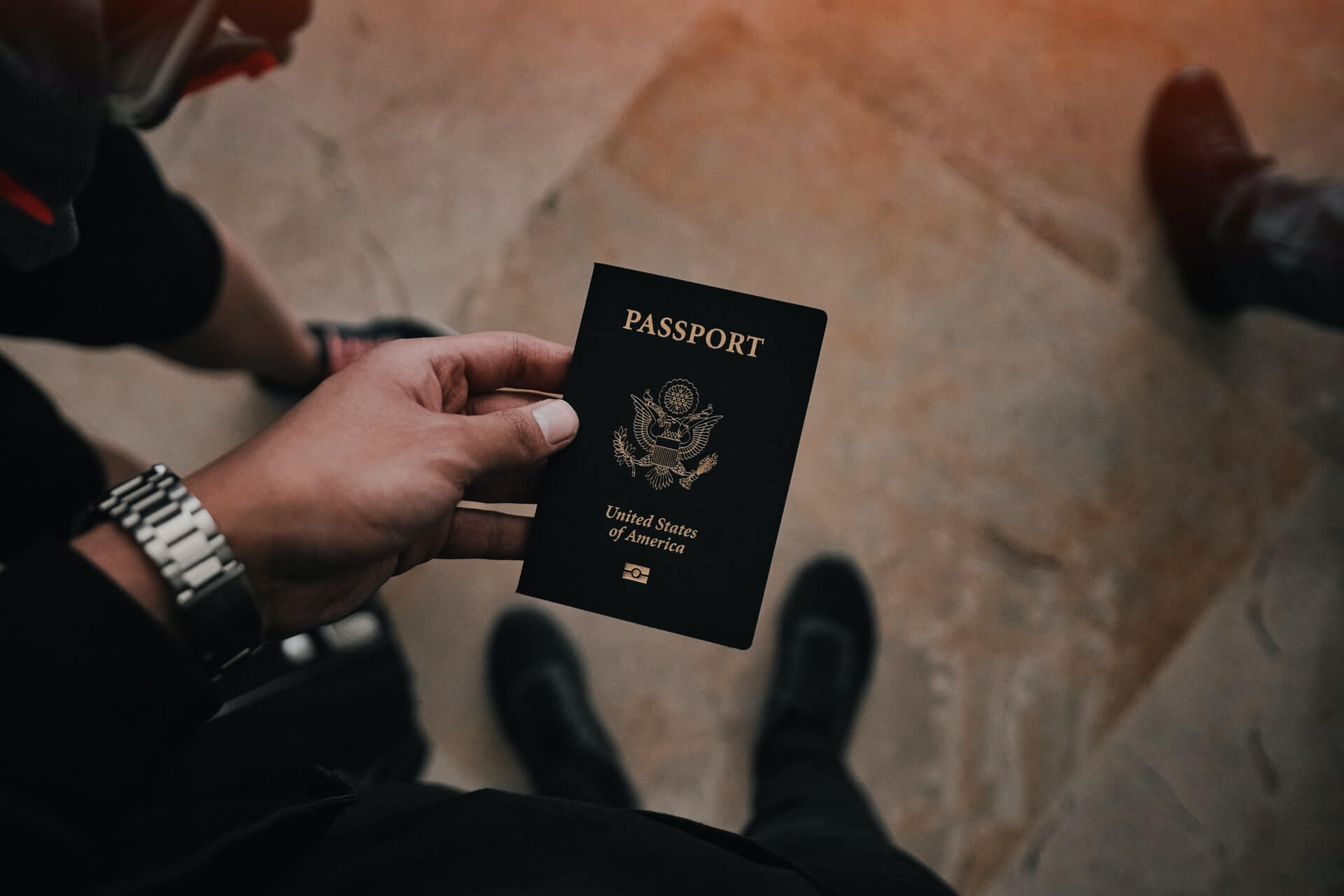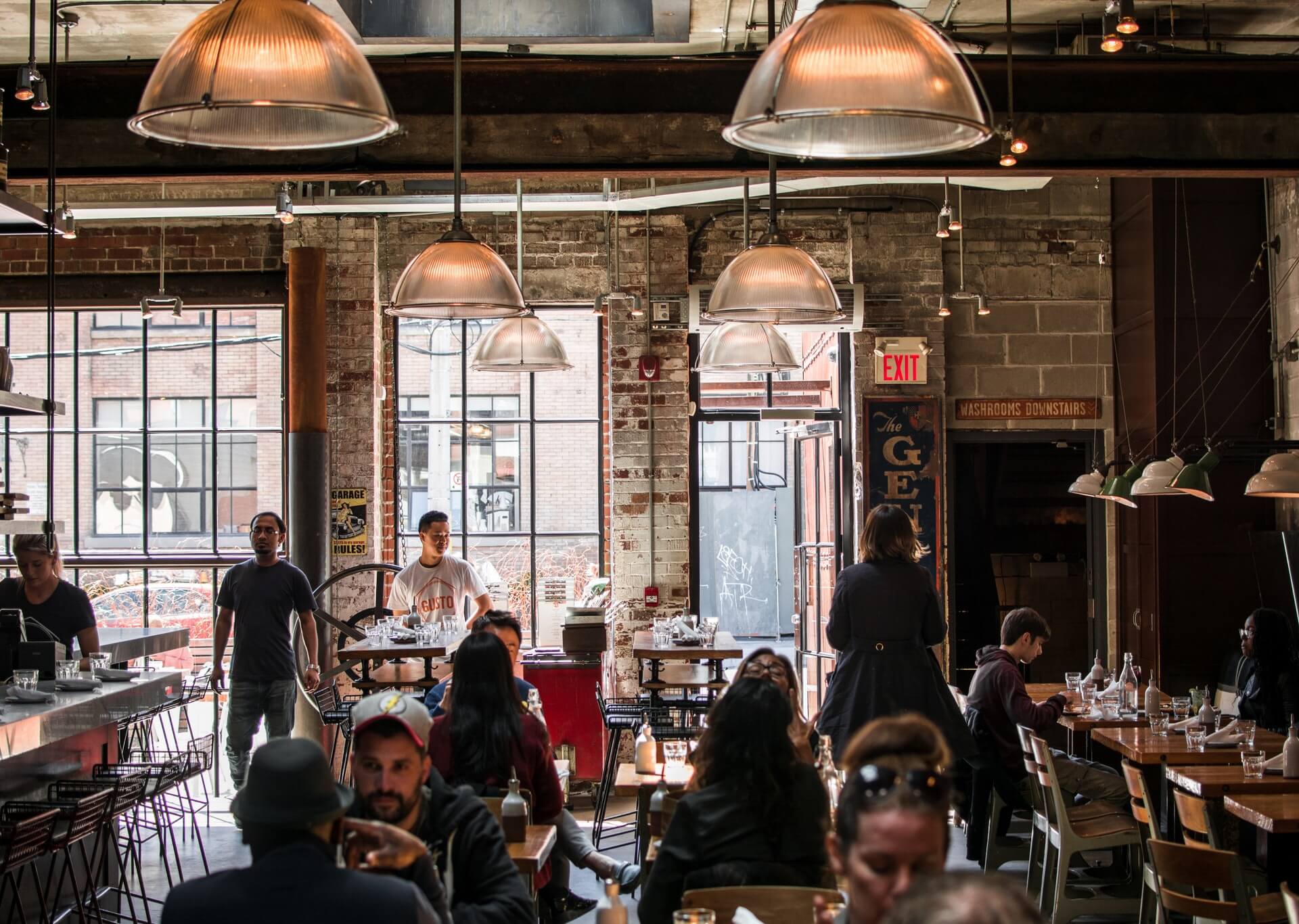Consumers May Keep Eating at Home
by David Klemt

A recent report suggests that consumer interest in eating at home more will continue even after we return to “normal.”
This is the finding from a survey conducted by the Food Industry Association (FMI)l, formerly known as the Food Marketing Institute.
The FMI surveyed grocery shoppers to determine habits influenced by the pandemic.
Emphasis on Nutrition
I look to a wide variety of sources to analyze consumer behavior. Even their grocery habits can be valuable for operators to know.
In this case, knowing about the dining habits of today’s consumer provides important insights. For instance, knowing what types of food items shoppers are purchasing can be very telling.
Per the FMI, nearly half of survey respondents (49 percent) indicate they’re choosing healthier foods when grocery shopping. Clearly, living through a public health crisis is influencing this decision.
Today’s consumer, with more information at their fingertips and the purchasing power to demand more transparency from company’s, has become increasingly focused on their health. That interest grew stronger during the pandemic as a healthier lifestyle can lead to a reduced risk for illness.
This particular finding should tell operators a few things. First, they may want to consider updating their menus with healthier items. Second, that’s not limited to food—many guests are interested in no- and low-ABV drinks. Third, operators who use healthier ingredients should make that clear via their menu item descriptions.
At-home Dining
The FMI also found that 41 percent of survey respondents plan to prepare and enjoy more meals at home moving forward than they did before the pandemic.
That ties directly to 44 percent saying they “like” or ‘love” cooking at home more now.
While this survey was intended to provide consumer behavior insights for grocers, there’s clearly value for operators.
As many learned during the pandemic, guests are interested in supporting restaurants and bars buy ordering meal and cocktail kits.
Since it’s important to meet guests where they are, operators may want to keep such kits on offer. People have shown they’re eager to engage with restaurants and bars via virtual tastings and cooking classes. Clearly, many are also happy to order meal kits from restaurants to make in the comfort of their own homes.
Yes, there’s pent-up demand set to be unleashed. And yes, people are eager to get back out there and socialize. But there are also financial, health, and safety concerns that will keep some people from dining out as often as they did pre-pandemic.
That doesn’t mean they’re out of reach of restaurants and bars entirely. However, it does mean operators will need to adapt and get creative to earn their business.






